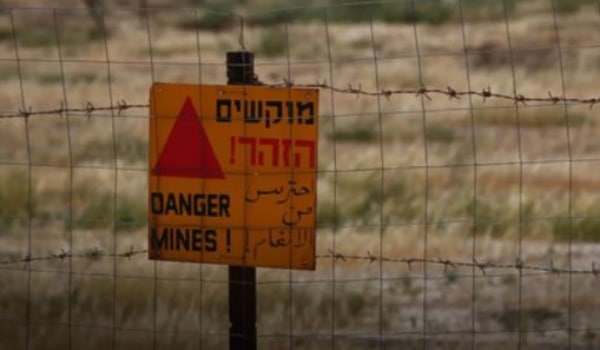
The last decade has seen a drastic increase in the number of people who are displaced or living in conflict zones, and in need of humanitarian assistance. In 2016, it was estimated that of the approximately 100 million people who received humanitarian aid, an estimated 26 million were women and girls of reproductive age. Their sexual and reproductive health and rights require urgent attention. The insecurities inherent to conflict situations, and subsequent life as a refugee, give rise to many forms of gender-based violence, including sexual violence, threats of trafficking, and forced marriage. Further, girls and women are often more greatly affected by both sudden and slow-onset emergencies, and often face diverse sexual and reproductive health challenges.
Last year, the Asia Safe Abortion Partnership interviewed Rola Yasmine, a founder of the A-Project in Lebanon about these issues.Here are some excerpts:
- “I think that institutionalized racism and xenophobia limits refugees’ access to all sorts of basic services, especially for reproductive health and safe abortions, and that is also violence against women…
- Women tell me that they go to pharmacies to get contraception or to get misoprostol and pharmacists harass them not because they want to do abortions but because they are Syrian, blatantly saying “is this really the time for you people to be procreating?” These kinds of statements are not only said by pharmacists but also physicians, midwives and nurses, and not only Lebanese but also Syrian doctors and midwives of middle-class upbringing…
- The educated middle class do not see that even in the middle and upper classes, people have unprotected sex all the time and women become pregnant and have unwanted pregnancies, they just have money enough to cover it up. The lives of people in poverty are just so exposed and so transparent so it’s so easy to point at them and say: “Wow, you guys are really behind.”…
- One woman called us from a refugee camp in the North of Lebanon; she was a widow and had 2 children, one who had an untreated serious health condition of hydrocephalus. She re-married thinking that it may help her take care of her children, but the man she married was a divorcee who had a child that he wanted someone to take care of, which is why he was looking to remarry. He was physically violent and severely abusive and would keep threatening her with divorce although he gave her nothing in monetary value for her or her kids. She was looking for an abortion, but it was a little difficult and when she finally asked for it she faced resistance. She started taking all sorts of over-the-counter medication….”
FULL REPORT: Feminism in India, by Asia Safe Abortion Partnership, 23 May 2019



